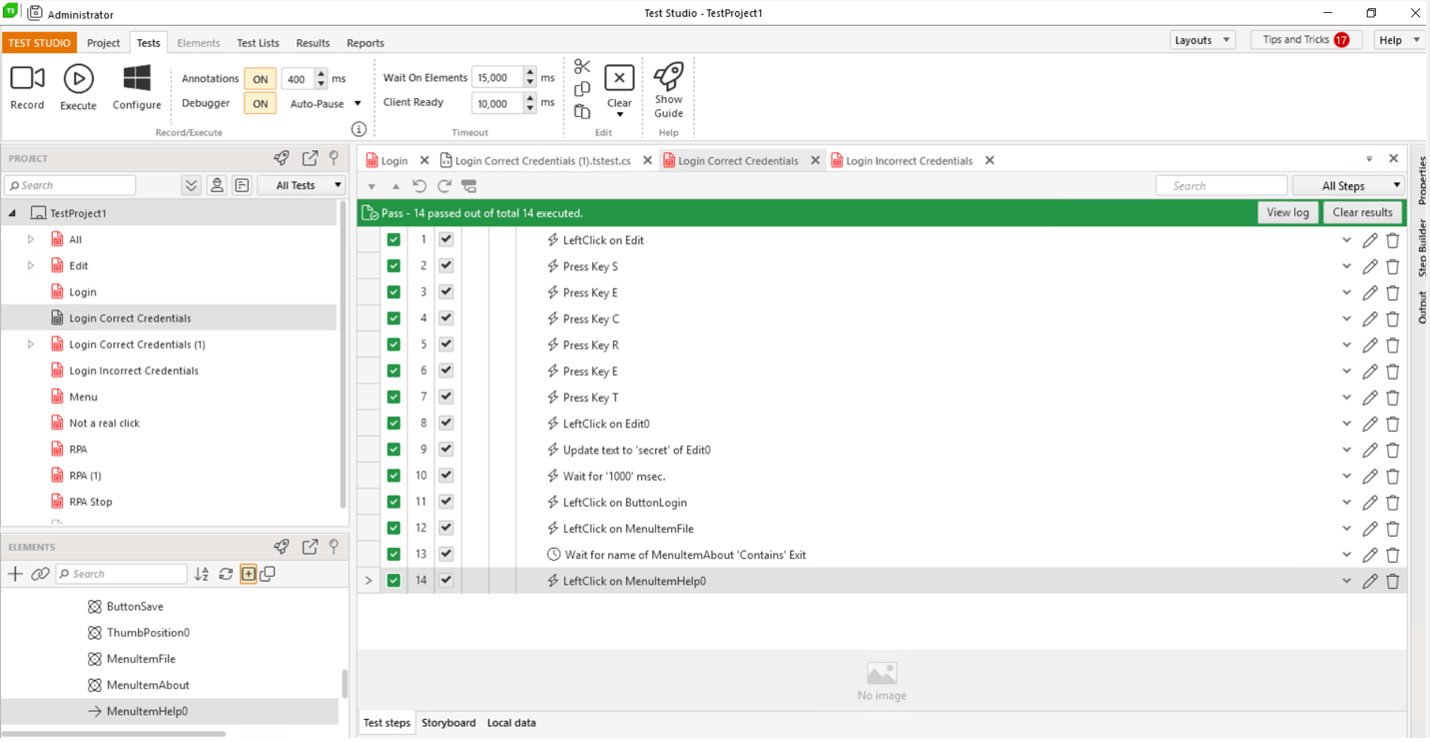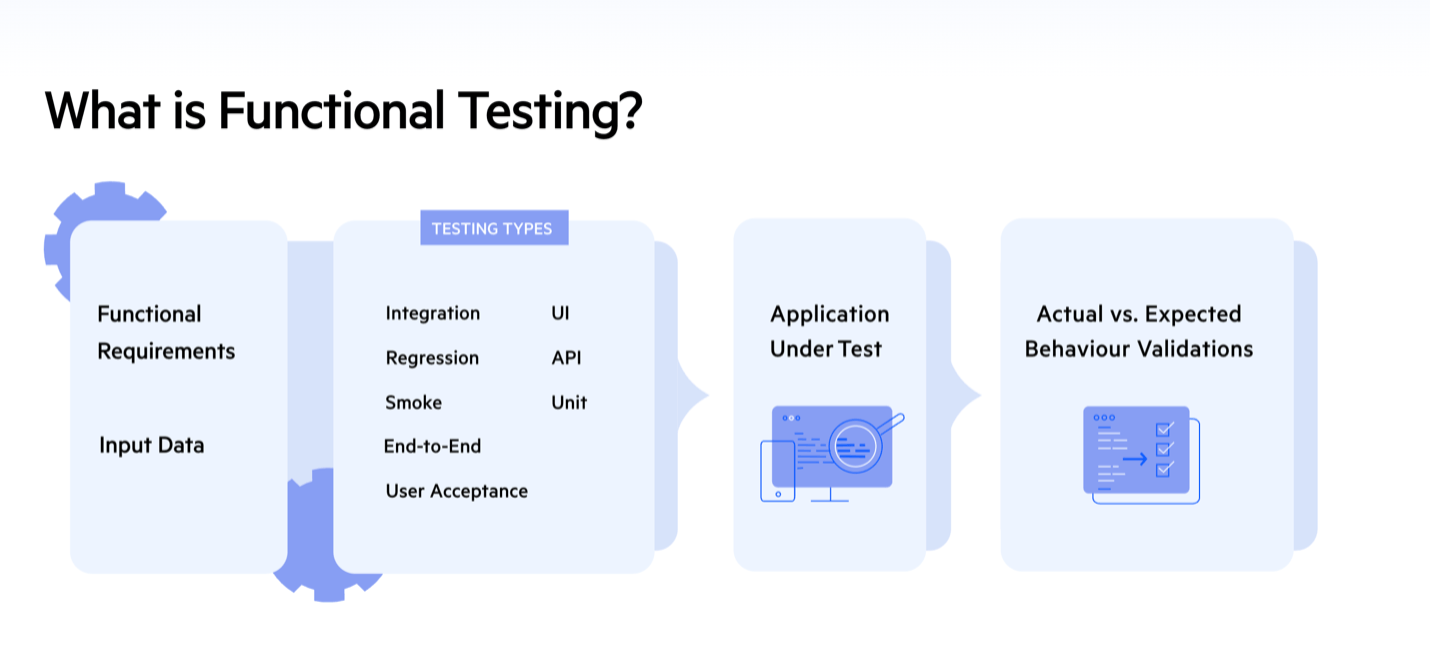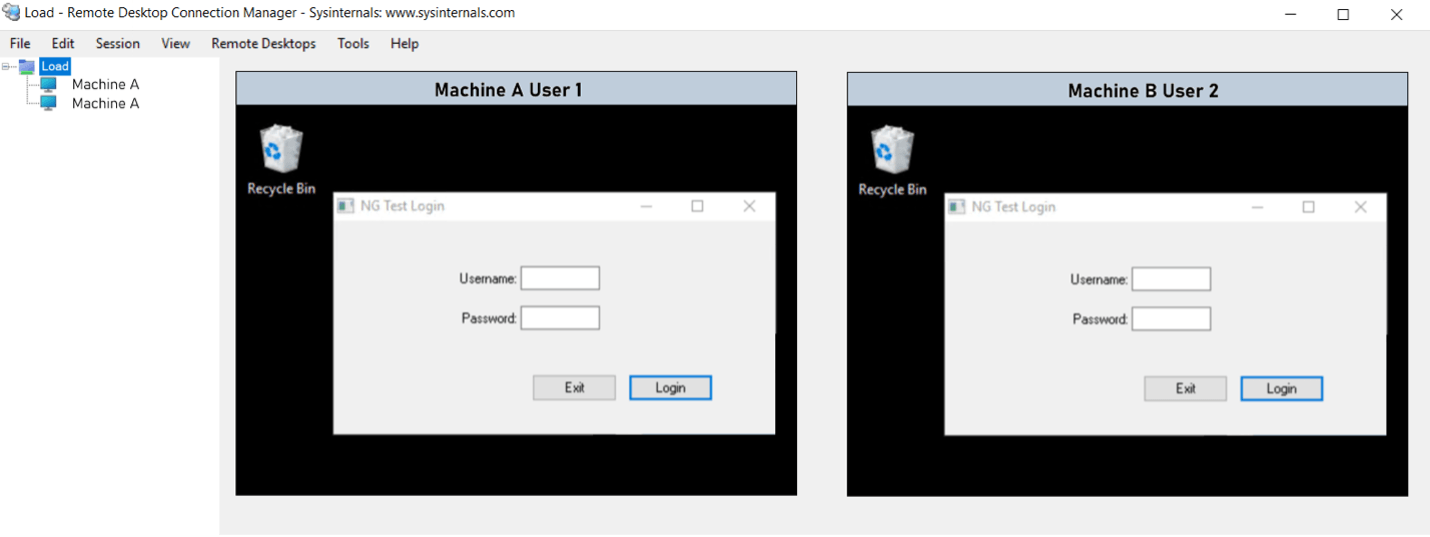Elevate the Performance and Responsiveness of Your OpenEdge Applications with Test Automation

Summarize with AI:
You can test the responsiveness of your Progress OpenEdge mission-critical applications under load before production with the help of Progress Telerik Test Studio.
To meet the heightened expectations of customers and partners in today’s digital age, applications must perform optimally during peak business hours, 24/7. Any unplanned downtime of your applications can significantly affect performance, impacting your customers and the business’s bottom line.
You can test the responsiveness of your Progress OpenEdge mission-critical applications under load before production with the help of Progress Telerik Test Studio.
A Harmonious Integration—Progress OpenEdge and Test Studio
Progress OpenEdge is an enterprise app development platform that simplifies and streamlines the development, deployment and management of business applications. It enables organizations to build reliable business apps with secure deployment across any platform, device type and cloud. Paired with Test Studio, a powerful UI testing automation tool, developers can be confident that their applications are not only built efficiently but also meet the highest standards of quality and performance.
What Is Progress Test Studio?
Test Studio is a .NET point-and-click UI functional testing platform that enables higher levels of automation in your applications. It allows developers to automate repetitive and time-consuming tasks of manual testing, such as navigating through multiple buttons and dropdowns, validating complex datagrids, typing text, handling dialogs and many more. Test Studio allows the creation of no-code, low-code and full-coded scripts. It fits well into your software development lifecycle integrating with various bug-tracking systems, source control solutions, CI/CD environments, databases, etc.

For example, once a test, such as a login operation, is recorded, it doesn’t need to be performed manually again. Instead, the recorded script can be played back to automatically execute the test, saving teams time and effort.
Test Studio supports multiple test types, including:
- Functional UI
- Performance
- API testing
- Load testing for web applications that generate HTTP traffic
What Makes Test Studio Unique?
Test Studio stands out for its ability to automate UI testing and capture GUI ABL applications, offering a significant advantage. We have used Test Studio to conduct end-to-end testing, simulating various scenarios such as:
- Accessing an ABL GUI client through Remote Desktop Services (RDS).
- Connecting the ABL GUI client to PAS for OpenEdge using APSV transport.
- Enabling PAS for OpenEdge to interact with the OpenEdge Database.
We successfully simulated many concurrent users and orchestrated test execution across virtual machines, demonstrating the powerful capabilities and flexibility of Test Studio.
The Synergy of Development and Testing
OpenEdge enables developers to create mission-critical applications using their own proprietary language, the Advanced Business Language (ABL). This language is designed for rapid application development, facilitating quick implementation of business logic and database interactions.
Conversely, Test Studio offers a comprehensive testing solution that supports automated testing for web, desktop and responsive web applications. It provides a suite of tools for creating, managing and executing tests so that applications built on OpenEdge are thoroughly tested for any potential issues before deployment.
Here are some of the key benefits of OpenEdge and Test Studio integration:
Test Automation: One of the standout features of this integration is the ability to automate the testing of the OpenEdge application’s GUI interface. Test Studio can simulate user actions on the GUI, such as clicks, text input and menu selections, helping developers build UI that is intuitive and responsive. Moreover, since Test Studio can orchestrate these actions remotely across different sessions, the testing process’s flexibility and coverage is enhanced.
Performance Under Load: Load testing is another area where Test Studio can excel in conjunction with OpenEdge. By simulating multiple users interacting with the application, developers can observe how the system behaves under load. This is critical for identifying bottlenecks and helping to determine that the application can handle the expected user load once it is live in production.

Reporting and Analysis: After tests are executed, analyzing the results is essential for users to thoroughly understand the application’s behavior. Test Studio can provide insights into whether tests were successful and where improvements might be needed. For a more granular analysis, data from Test Studio can be pushed to external reporting solutions like Grafana, offering real-time visualization through charts and graphs.

How OpenEdge and Test Studio Work Together
Let’s take a fairly common scenario where an OpenEdge customer may be trying to modernize and rewrite their existing application which may be experiencing performance issues during peak business hours. They aim to rework the application to minimize downtime and resolve performance challenges. The goal is to future-proof their application so that with each release, it can be thoroughly tested for load and performance. This enables the application to handle large volumes of user traffic without compromising performance.
OpenEdge and Test Studio can be used together for a custom solution for load testing OpenEdge GUI applications not based on HTTP traffic. Without a proper load-testing strategy, one cannot predict whether the servers will handle the load or fail, potentially leading to users abandoning the application. The solution involves using Test Studio to record and execute UI scripts on multiple virtual machines that simulate concurrent users accessing the GUI app through RDS. The solution also involves using PowerShell scripts to orchestrate the tests and push the data to an external reporting tool like Grafana.
For current OpenEdge customers interested in migrating their applications to the new OpenEdge 12.8, load testing is essential in assessing the performance impact of migrating. Without simulating the load, one cannot predict how the application will perform with multiple users or during a hosting transition from on-premises to the cloud. Load testing is crucial to determine that the application remains responsive and for validating specific scenarios, like inserting an order, to prevent any customer complaints post-migration.
The solution of OpenEdge and Test Studio is flexible and can accommodate different scenarios, user counts and reporting needs. It can run different tests with different user paths, increase or decrease the number of users and generate reports in various formats. The solution can also test different scenarios like migration, modernization or cloud hosting.

See for Yourself
To remain competitive in today’s business landscape, many companies are upgrading their applications to the latest versions of OpenEdge. This enables a consistent focus on security, reliability and scalability. In most cases, architectural improvements, such as migrating from a Classic AppServer to PAS for OpenEdge 12, require extensive performance testing for an optimal experience in mission-critical deployment scenarios. To address these challenges, companies can use Test Studio and validate that their application can handle user loads effectively. For example, simulating 1,500 concurrent users interacting with the application helps identify and resolve bottlenecks and memory leaks before deployment.
The result is a smoother transition and enhanced performance in the live environment. By proactively addressing potential issues, companies can deliver a more seamless user experience and maintain their competitive edge in the market.
Get Started Today!
The combination of OpenEdge and Test Studio represents a powerful duo for any organization looking to develop and maintain high-quality business applications. With the development capabilities of OpenEdge and testing automation features of Test Studio, enterprises can achieve a faster time-to-market, reduce costs and deliver applications that stand the test of time and exceed user expectations. As businesses continue to demand more from their software in terms of performance, reliability and user experience, the integration of these two Progress solutions will undoubtedly become even more valuable.
Learn more and start your journey today.

Jessica Malakian
Jessica Malakian is a product marketing specialist at Progress focused on the Corticon, Kinvey, iMacros, iMail and MessageWay solutions. A former intern at Progress, Jessica is a recent college grad who is excited to be a full-time Progresser.

